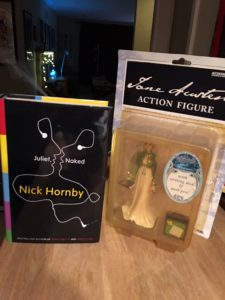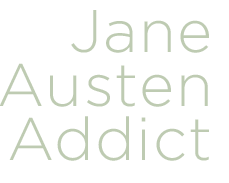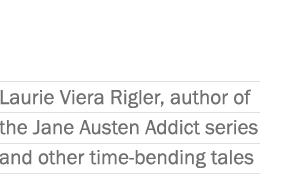On Twitter, someone asked for book recommendations for Austen fans, and what came to mind was not a continuation, a sequel, or an inspired-by. It was JULIET, NAKED by Nick Hornby.
Nick Hornby is my idea of a contemporary Jane Austen. So is Zadie Smith, particularly her novel ON BEAUTY. Both authors make profound observations of human nature, give us romance without sentimentality, have a divine sense of humor, and are simply master storytellers. In my writing workshops I inevitably read passages from both Hornby and Smith. 
For me, Hornby’s JULIET, NAKED brought to mind some of the online discussions that occur amongst Austen’s most devoted readers. A central premise of the book is that no matter how much the admirers of an artist’s work examine that work, study it, parse it for meaning, and become “experts,” they can never acquire irrefutable proof that the creator felt a certain way or had a particular type of experience at the time she created it. Bottom line is that it’s nothing more than speculation. And speculation is often wrong.
In JULIET, NAKED, one of the characters, Duncan, spends a
good deal of his time online on a forum holding forth on the hidden meanings and
nuances in the songs of a rock singer-songwriter named Tucker Crowe, who
mysteriously dropped off the grid back in 1986, causing his small band of
devoted followers to speculate endlessly on why he left and what’s been going on
in his life since his disappearance. And most of all, what was behind JULIET,
the album that Tucker was promoting when he dropped out of sight.
Annie, Duncan’s girlfriend, puts up with Duncan’s obsession, but when Duncan posts a
review of a newly released album of JULIET demos—an unadorned set of tracks
that the fans dub JULIET, NAKED, Annie decides she’s had about enough of
Duncan’s prosings about Tucker’s genius. And so she posts her own review. And,
miraculously, she is rewarded with a correspondence from the real Tucker Crowe,
who periodically reads Duncan’s forum and chuckles at the inaccurate conclusions therein.
I’ve often wondered what Jane Austen might say about the assertions, online and otherwise, about what she did or did not mean when she wrote a particular line or character because of what she did or did not experience or feel. Because, after all, no matter how much we think we are experts on Austen, it is really all just speculation. No one but Austen can know what she meant, felt, believed, or experienced at any given moment in time. No one but Austen could tell us if a certain character espouses Austen’s own beliefs. And it is never a given that an author believes what her protagonist believes. Or that what happens in a novel resembles what happened in the author’s own life. Even Austen’s letters—like all letters–are just snapshots of the moment she wrote that letter, and thus only indicate what she felt or believed at that given moment in time. We cannot even take the words in those letters at face value, for the reader of much of them, her sister and closest friend, Cassandra, would get the ironies and subtext and in-jokes and tone in a way that we can only dream of—and speculate about.
One thing we can be sure of—and this is the greatest gift of any great storyteller or songwriter: The words and music and characters and stories that we love have deep meaning for us, based on our own personal experiences, beliefs, and aspirations. That is how we make these most beloved works our own. As Karen Joy Fowler said very wisely in her novel, THE JANE AUSTEN BOOK CLUB, “Each of us has a private Austen.” Or in Nick Hornby’s JULIET, NAKED, a private Tucker Crowe.
BTW there is now a JULIET, NAKED film out, and I cannot wait to see it.
Side note: At a book signing event for Nick Hornby’s novel FUNNY GIRL (hosted by Vroman’s Bookstore, and in conversation with the L.A. Times’ wonderful Carolyn Kellogg), I queued up with a large crowd for an autographed copy. As I reached the signing table, vibrating with fangirl nerves, Hornby was kindness itself. “What do you do?” he asked. When I said I was an author, he said, “And how’s that going?” And when I replied that I had two published novels, he seemed genuinely happy for me. He spoke to me like a colleague; he did the same with my husband who told him he was a filmmaker, and I’m sure he spoke this way to every single person in that line. The fact that I had this author high up on a pedestal was of no consequence to him. Anyhow, it’s always a bonus to find out that your idol is actually as open-hearted and down to earth IRL as he is on the page.


